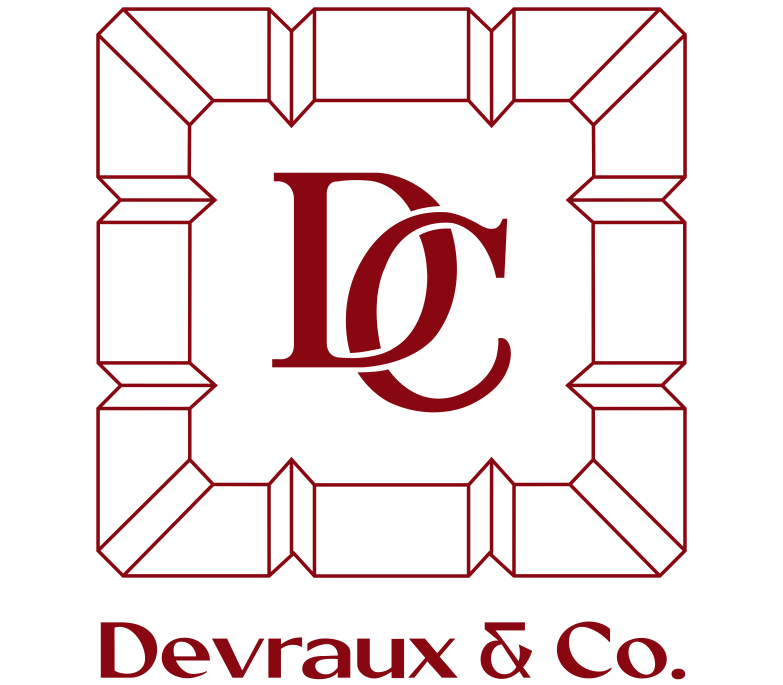Introduction
Urbanization has fundamentally reshaped the landscape of modern economic development. As populations increasingly concentrate in metropolitan areas, the demand for sophisticated infrastructure and efficient services intensifies.
This global phenomenon presents both a challenge and an immense opportunity for investors and enterprises alike. At the forefront of this evolution are smart cities. A smart city is an urban area that uses various types of electronic Internet of Things (IoT) sensors to collect data and then uses insights gained from that data to manage assets, resources, and services efficiently. While the concept of urban development is age-old, the integration of advanced technology and data-driven decision-making into city planning is a contemporary imperative.
” The answer lies in the nexus of technological innovation and demographic shifts. Urban centers worldwide are grappling with issues of sustainability, traffic congestion, resource management, and public safety. “
Innovative city initiatives leverage cutting-edge solutions – from intelligent transportation systems to advanced waste management and smart grids – to address these challenges head-on. This creates a fertile ground for investment in technologies, infrastructure, and services that enhance urban living. Consider the case of a tech firm investing in sensor networks for optimized traffic flow in a rapidly expanding Asian metropolis. Or a venture capital fund backing a startup developing AI-powered energy management systems for European urban complexes.
The major take on the topic
These are not merely opportunistic ventures; they are strategic investments designed to unlock long-term value, contribute to sustainable development, and gain a competitive edge in a world where urban resilience is paramount. One of the primary benefits of investing in smart cities is access to burgeoning markets driven by essential needs. Instead of fragmented consumer bases, investors gain entry to concentrated populations with growing demands for efficient, sustainable, and high-quality urban services. This significantly reduces market entry barriers and customer acquisition costs for innovative solutions. However, smart city investments come with their unique set of complexities. Regulatory frameworks and public-private partnership models are often intricate and require careful navigation.
A straightforward procurement process for a traditional IT system may become a multi-stakeholder negotiation involving city councils, private developers, and community groups in a smart city project. Interoperability challenges, especially when integrating diverse technological solutions from various vendors, can complicate even the most promising initiatives. Successful ventures demand meticulous project planning, robust due diligence, and comprehensive stakeholder engagement. This means going beyond financial projections to include assessments of urban planning policies, civic engagement strategies, and technological scalability.
- Challenges in Smart City Project Success
- Crucial Funding & Development Trends
- Pivotal Role of Technology
Each investment demands tailored strategies but shares one overarching goal: creating resilient, efficient, and livable urban environments that generate sustainable value.
Conclusion
At Devraux & Co., we empower clients to identify promising innovative city projects, conduct comprehensive due diligence on urban development plans, structure complex public-private partnerships, and navigate the nuances of technology integration post-investment. Our globally connected teams and deep understanding of urban ecosystems ensure seamless execution, while our sectoral specialists provide insights that extend beyond conventional financial models. We’ve collaborated with technology firms deploying innovative grid solutions in Indian cities, assisted European infrastructure funds in entering sustainable urban transport markets in Asia, and supported Southeast Asian proptech companies in acquiring legacy urban regeneration assets in Europe.
Looking ahead, the scope of smart city investments will only broaden. With rapid technological advancements, evolving demographic patterns, and increasing climate consciousness, the distinction between “traditional” and “smart” urban development is increasingly blurred. Companies that remain static may merely survive, but those that strategically engage with urban innovation will truly thrive. For enterprises with foresight, smart city investment is not just a financial commitment. It’s a transformative contribution to the future of urban living. And at Devraux & Co., we’re here to guide you through every stage of that journey, from conception to capitalization.


